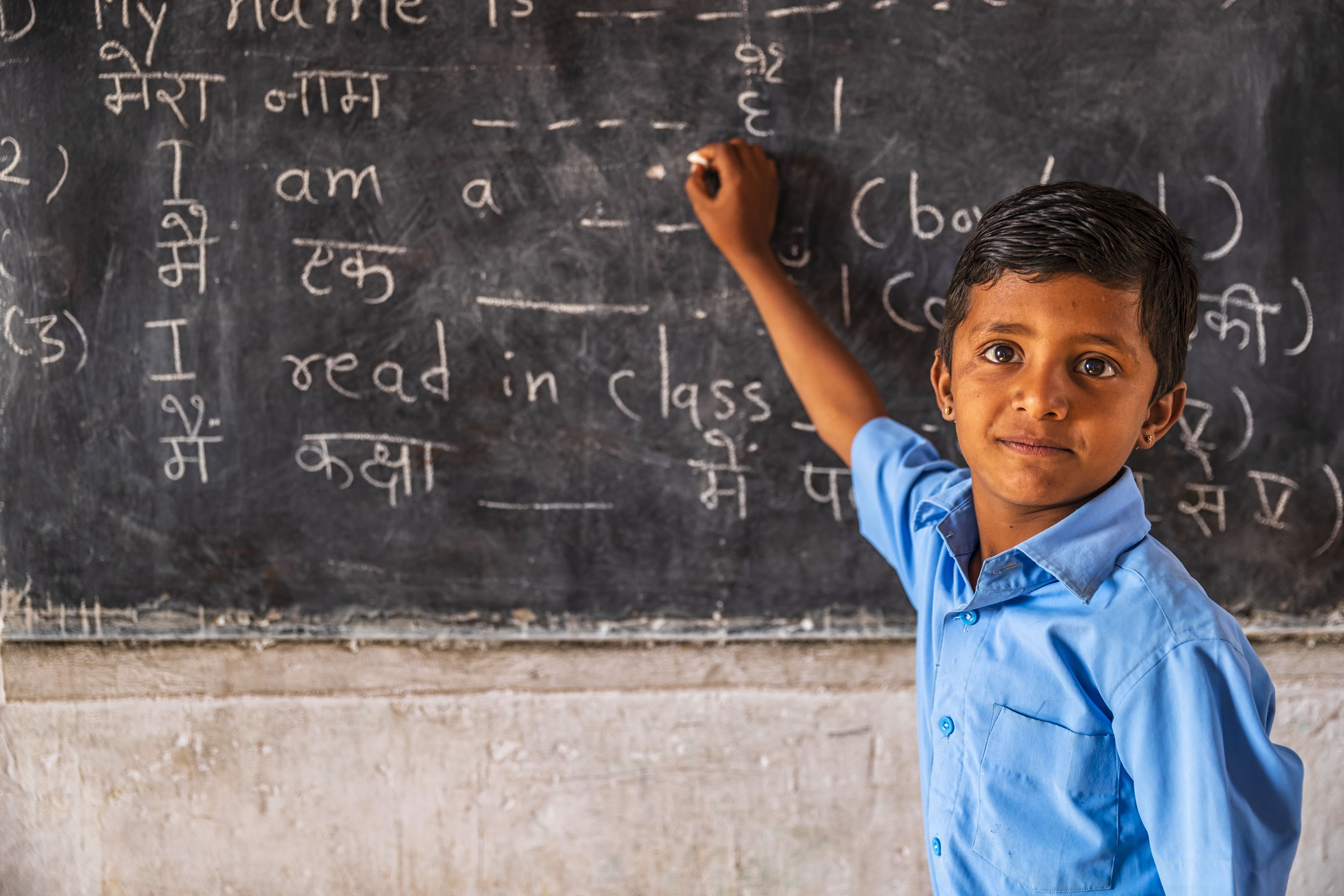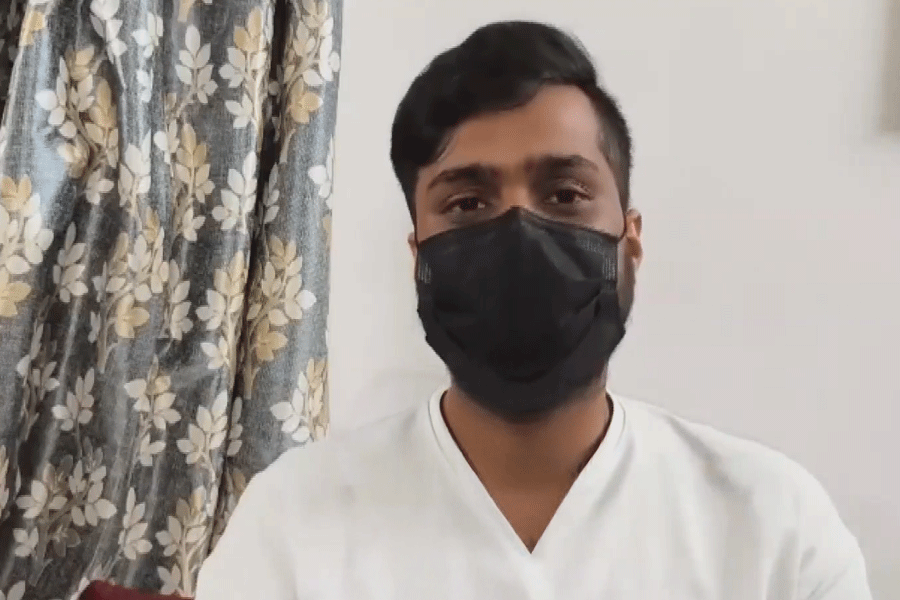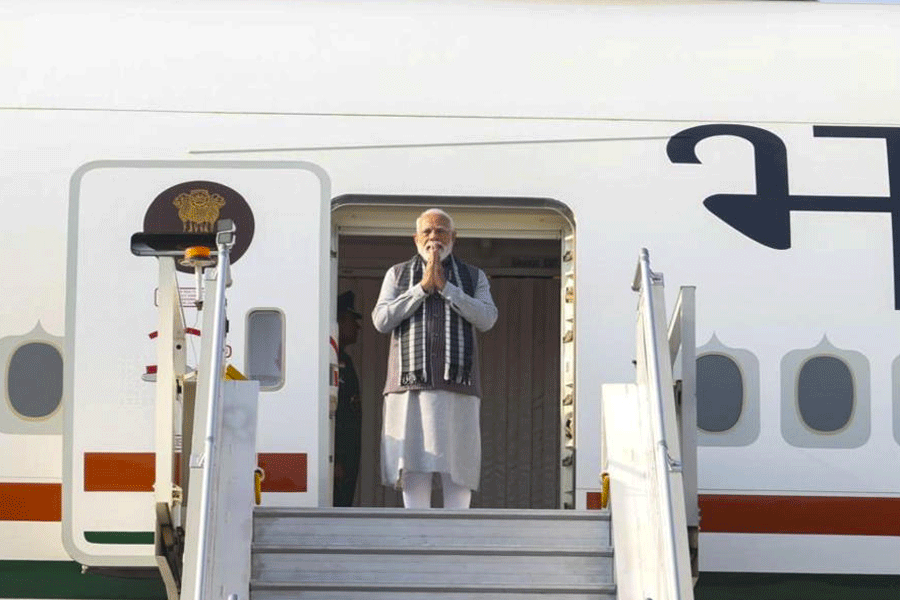The Delhi government has made a state resident proof mandatory for admission to any of its funded schools, putting in doubt the fate of several thousands of slum children who may not have specific addresses but need the benefit of subsidised education.
For admission to one of the 1,031 Delhi government-funded schools, a child has to have her/his name on a one of the following - Delhi-address ration card, a domicile certificate, Voter ID card or electricity/water/MTNL telephone bill, bank passbook, Aadhaar card or passport with the name of parents or child.
Till last year, the schools had allowed families to submit an affidavit that would declare the child was a resident of Delhi. For 2019-20, the admission system has moved online and there is no provision to submit an affidavit.
The Delhi department of education director, Binay Bhushan, was asked why the children cannot submit an affidavit declaring themselves as residents of Delhi. “An affidavit won’t work,' he said. 'The required document is a must. We don’t have enough manpower. We can’t send volunteers to the homes of so many kids to check what they are writing down on a piece of paper is true. We can’t provide them (the students) money for stationery and other facilities in the absence of a Delhi bank account or a Delhi address proof,” he added.
An RTI reply had revealed that over 15 lakh children took admission in Delhi's government schools in 2018.
A section of teachers is angry with this decision. A teacher who did not wish to be named because she is not allowed to officially comment on government policy called the decision, made public in a March 29 government circular, 'tragic'. “There are kids of labourers, poor migrants being denied their fundamental right to education merely because they do not have a proper home,” the teacher in a government school in Daryaganj said.
Another teacher in a school in Chanakyapuri asked: “Just because their home is in a slum or a shanty and they are not aware enough... to get such documents, their kids don’t deserve school education? This is unfair at so many levels.”
The new rule mentions “provisional admission for 30 days' on the basis of an undertaking on plain paper by the parents or guardian of the child.
But an official in charge of school admissions said this provision was futile. “These underprivileged people do not have enough awareness and means to get such papers prepared in a month’s time.” It is inappropriate if a child gets admission for a month by the grace of the provision and is then thrown out of school, he said. “If the parents fail to provide an updated address proof of Delhi, the online form automatically rejects their child’s admission,” he said.
Yogesh Kumar, a parent who migrated to Delhi from Uttar Pradesh to work as a labourer said his daughter Kumkum 'was denied admission in our neighbourhood government school in Burari. Even if a poor and illiterate man with no backing manages to get the required address proof prepared in a few months, shouldn’t the government be blamed for her loss of one year of schooling?' he asked.
Last year, Delhi High Court had allowed three students from Ghaziabad to take admission in a Delhi government school in December. The court said that the admission rules did not mention that only candidates with residence proof of Delhi were eligible. Ashok Aggrawal, a lawyer in the high court who appeared in the Ghaziabad students’ case, termed the new rule “unconstitutional”.
“According to a Supreme Court judgment, Delhi is the capital of India and no Indian is an outsider here. We will again move to court if students are denied admission. This is a national shame,” he said. “On the basis of complaints from various quarters about kids being denied admission in government schools in Delhi, I have listed 486 such cases. About 61 cases are of children who were denied admission for not providing a Delhi address proof,” he told this website.











